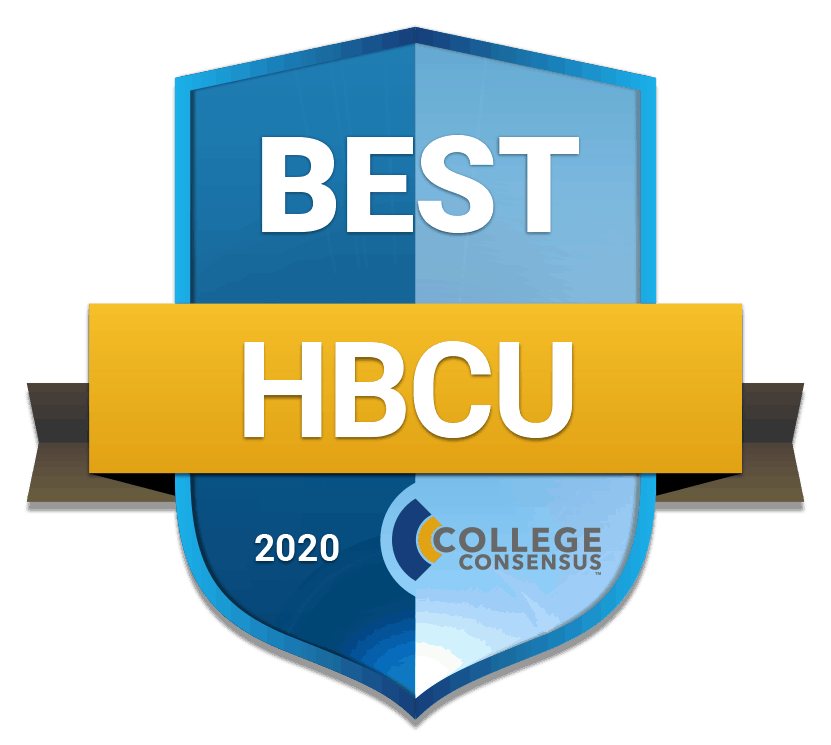

Their primary mission was originally to provide a safe space where African Americans could receive an education following the Civil War, though students of any race or ethnicity may attend an HBCU.

HBCU stands for “Historically Black Colleges & Universities,” institutions of higher learning founded before 1964.Learning Objective: Students will consider the role that HBCUs have played in the landscape of higher education and articulate the importance of these institutions for improving access to opportunity. of Paving Paths to College: A RaiseMe Curriculum Book Check out a preview below! Lesson Plan: Introduction to HBCUs In this lesson we celebrate the legacy of these historical institutions and help students understand why they were necessary in the first place. were all supported and nourished at HBCUs. Washington, Alice Walker, Langston Hughes, and Martin Luther King Jr. The minds of scholars, authors, and Civil Rights leaders like Toni Morrison, W.E.B. HBCUs have played a pivotal role in opening up access to higher education - and the economic mobility it affords - to African American students. Our Black History Month celebration wouldn’t be complete without honoring the legacy of Historically Black Colleges and Universities (HBCUs). Celebrate Black History Month this February with a lesson plan outlining the importance of HBCUs.


 0 kommentar(er)
0 kommentar(er)
